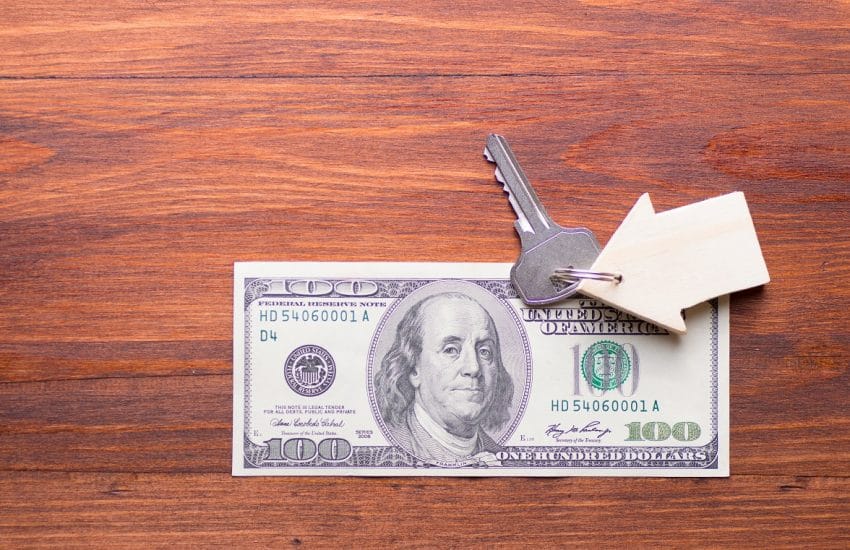What happens to the funds you’ve deposited into an escrow account when you refinance?
- What is an “Escrow Account”?
- Where does my tax & insurance money go after refinancing?
- How do tax and insurance bills get paid after refinancing?
Your Refinance Escrow Account
First things first – what does “Escrow Account” refer to? Hint, it refers to the same thing you may call “impounds” or “escrows”. Your “Escrow Account” is a side account. It holds the money you pay monthly toward property taxes and/or homeowner’s insurance with your overall mortgage payment
Your escrow account balance builds until property taxes or insurance premiums come due. Then, the account balance drops due to tax or insurance bills are paid. In other words, your escrow balance is in flux based around tax and insurance due dates and amounts.
Post Refi – Where Does Escrow Money Go?
In any case, that escrow account money is yours – until it’s not. Escrow accounts serve as storage/forced savings accounts for money ear marked for the County Accessor or your homeowner’s insurance company. However, what happens to the funds in that escrow account after your refinance closes?
You receive a refund check for the old escrow funds 2 to 4 weeks (estimate) after closing. Yes, a paper check sent to you via a process named after a snail.
This check refunds you the amount left over in your old escrow account when your new refinance loan paid off your old loan. Better yet, it is your money to do as you please. Some choose to pay their new loan down a bit. Others keep it for a rainy day.
What About Future Tax & Insurance Bills?
With a closed escrow account, what about future property tax and insurance bills? Where does the money to pay those bills come from? Provided you impounded taxes and/or insurance on your new loan, a brand new/fully funded escrow account was set up for you. Therefore, money in your new escrow account will pay future tax and insurance bills (just like with your prior loan and escrow account).
The lender on your new refinance collected enough money from you at closing to stuff into a new escrow account. In fact, they calculated a precise amount to collect and stuff. This way your new escrow account’s balance is similar to your old (now flushed out and refunded) escrow account. This ensures you and your escrow account don’t skip a beat. Property taxes and homeowner’s insurance continue to be paid out of escrow for you.

